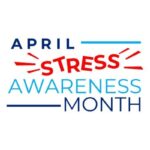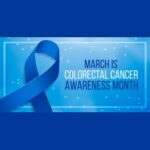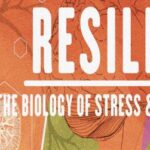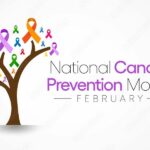The Intensive Outpatient Program
 The Intensive Outpatient Program (IOP) is designed to provide intensive counseling for those clients dealing with a diagnosis of substance use disorder. The program is up to 12 weeks in length and blends both individual counseling and group counseling in a structured outpatient treatment setting.
The Intensive Outpatient Program (IOP) is designed to provide intensive counseling for those clients dealing with a diagnosis of substance use disorder. The program is up to 12 weeks in length and blends both individual counseling and group counseling in a structured outpatient treatment setting.
The IOP at ADS is built in part on the proven best practice curriculum, The Matrix Model, which has been widely used with success for a number of years in treatment centers across the country.
The Matrix Model is fully endorsed by SAMHSA (the Substance Abuse & Mental Health Services Administration) which is a division of the U.S. Department of Health & Human Services.
IOP treatment groups meet three times per week as mandated by North Carolina state service definitions. Individual counseling is offered once per week (or more) depending on each client’s need. Random urinalysis drug testing occurs at various times during the course of IOP treatment. IOP participants are encouraged to also begin seeking additional community support for their recoveries to reinforce & enhance their commitment to an ongoing substance free life.
The Primary Purpose of IOP
The main objective of IOP is to help clients learn the skills necessary  to establish and maintain a comfortable substance free life. While this often takes time to achieve, the IOP is one of the most valuable tools available for helping people move forward in their journey of recovery.
to establish and maintain a comfortable substance free life. While this often takes time to achieve, the IOP is one of the most valuable tools available for helping people move forward in their journey of recovery.
To Enroll in the IOP
 |
Request a Counselor Callback
or call 1-855-801-9817 |
 |
A Partial List of Recovery Topics Covered in IOP
- Motivation For Recovery
- Total Abstinence
- Work and Recovery
- Coping with Guilt and Shame
- Staying Busy
- Truthfulness
- Anticipating & Preventing Relapse
- Defining Spirituality
- Managing Life; Managing Money
- Emotional Triggers
- Recognizing Stress
- Reducing Stress
- Managing Anger
- Acceptance
- Making New Friends
- Repairing Relationships
- Coping With Feelings of Depression
- Coping With Drug Dreams
- Managing Time
- Holidays and Recovery
- Recreational Activities









